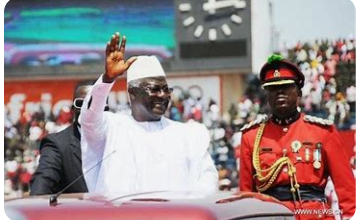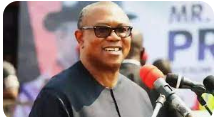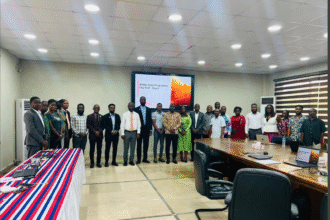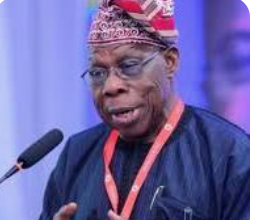Freetown, Sierra Leone – When Ernest Bai Koroma swept into power in 2007, unseating the incumbent Sierra Leone People’s Party (SLPP), he promised a “New Direction” – a departure from the corruption and inefficiency that had plagued the nation. Initially, his presidency was met with widespread optimism. However, as he completed his two-term tenure in 2018, the prevailing sentiment is that Koroma’s presidency, despite initial promise, ultimately represents a significant missed opportunity for Sierra Leone’s development.
Koroma’s early years saw some undeniable successes. The economy experienced substantial growth, driven primarily by the mining sector. Infrastructure development, particularly road construction, was visible, connecting previously isolated communities. There was also a renewed focus on attracting foreign investment and improving the country’s image on the international stage.
“When he first came to power, there was a palpable sense of hope,” says Fatmata Kamara, a young political analyst based in Freetown. “People genuinely believed in his promise of a new era of prosperity and good governance. The initial focus on infrastructure and economic growth was encouraging.”
However, critics argue that this initial momentum gradually waned, overshadowed by persistent issues of corruption, inequality, and a failure to diversify the economy beyond its reliance on natural resources.
One of the most significant criticisms leveled against Koroma’s administration is the rampant corruption that thrived under his watch. Despite the establishment of the Anti-Corruption Commission (ACC), many believed it lacked the necessary independence and resources to effectively tackle the issue. Numerous reports pointed to widespread embezzlement of public funds and abuse of power by government officials, often with impunity.
“Corruption became endemic,” claims Mohamed Conteh, a civil society activist. “While there were efforts to combat it, they were often seen as superficial. The lack of high-profile convictions sent a message that corruption was tolerated, even encouraged.”
Furthermore, the economic benefits of the mining boom were not evenly distributed. While a select few amassed considerable wealth, a significant portion of the population continued to struggle with poverty and limited access to essential services like healthcare and education. This growing inequality fueled social tensions and resentment.
Another crucial missed opportunity was the failure to diversify the Sierra Leonean economy. The over-reliance on the mining sector made the country vulnerable to fluctuating global commodity prices. When the Ebola crisis struck in 2014, the economy took a devastating hit, exposing the fragility of this dependence.
The Ebola outbreak also highlighted the shortcomings of the healthcare system, underscoring the need for significant investment in this critical sector. While the Koroma administration made some attempts to address these challenges, many believe they fell short of what was required.
In the lead up to the 2018 elections, the political landscape became increasingly polarized. Allegations of electoral malpractice and concerns about the integrity of the process further eroded public trust in the government.
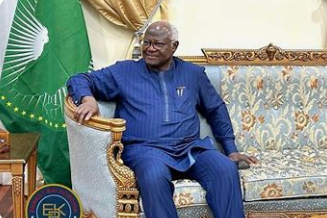
While Koroma’s supporters point to the infrastructure development and economic growth achieved during his tenure, critics argue that these gains were overshadowed by the pervasive corruption, inequality, and lack of economic diversification that plagued his administration.
As Sierra Leone navigates its future, the lessons learned from the Koroma presidency are crucial. They serve as a reminder that economic growth without good governance, equitable distribution of wealth, and sustainable development can lead to disillusionment and ultimately, a missed opportunity for genuine progress. The current government, led by President Julius Maada Bio, faces the daunting task of addressing these lingering challenges and building a more prosperous and equitable future for all Sierra Leoneans.


